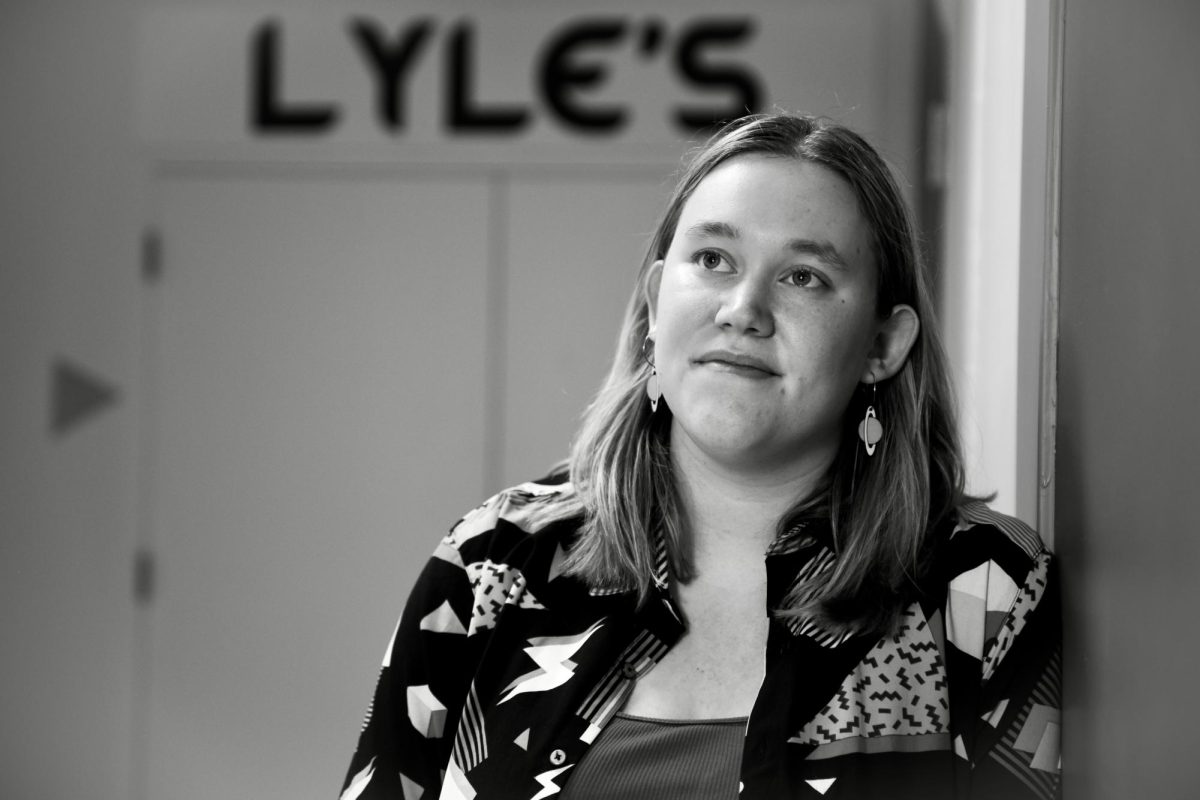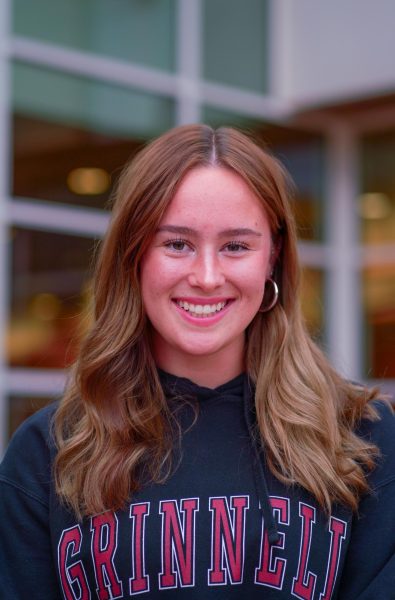Since the results of the presidential election, many LGBT people have been afraid for their futures, me included. As a result, I have noticed many of us sinking further into an us-versus-them mentality. This hostility is often directed not only towards those who genuinely support discrimination, but also any group deemed to be a part of the problem. I can understand this reaction; people’s ability to live their lives as they wish is on the line.
Even so, this mentality will only hurt us in the long run. The LGBT community, which is less than 10 percent of the population, cannot afford to continue alienating people who might otherwise be inclined to support us. I have observed a continued trend of self-isolation from people who aren’t LGBT. Many in the community are less inclined to be open to discussion and quicker to write off people as secretly hateful.
While I understand that people want to surround themselves with those who they know they can trust, we cannot rely only on ourselves to survive the next four years. To face the challenges ahead of us, LGBT people need those outside the community to be as informed about and sympathetic towards us as possible. It is now more crucial than ever to connect with a wider community. Unfortunately, that will not just magically happen.
In order to work on this problem at Grinnell specifically, Caporin Rock `27 created a Gay Straight Alliance (GSA) in order to have a space where everyone, regardless of identity, could learn more about the LGBT community and be equally celebrated. The GSA is a place for people to explore their identity and develop allies. When the idea of a GSA made its way around campus there was a mixed reaction. A few students, both within and outside the LGBT community, were curious about the GSA and wanted to learn more. On the other hand, there has been backlash.
Specifically, the main complaint about the GSA on campus was that it invites non-queer people into queer spaces. Generally, people seemed wary of losing a safe space inside the SRC. I understand such a concern – I do think safe spaces hold a lot of importance. It is great that groups like Trans at Grinnell and Queer People of Color exist on campus, and I want there to be places where people can celebrate who they are without fear of judgment. But it is also important to have a space like the GSA, where people who are not already informed about LGBT issues feel comfortable discussing these topics. We cannot continue to be reluctant to do the work it will take to make our perspectives known.
The backlash to the GSA reflects an ongoing trend in the activism of the left: an unwillingness to connect with people outside one’s own bubble, and an unwillingness to give people the benefit of the doubt. As a community, this behavior is unsustainable. Those who are uninformed, curious or who don’t have a personal stake in our issues have been continually pushed away by the current rhetoric of the left, which tends to guilt and shame people who are uncertain about their opinions or how to go about learning more. Often people are too worried about saying the wrong thing or asking the wrong question, leading to continued misinformation. If people don’t feel welcomed to learn, to ask questions, to talk to LGBT people about their struggles and, most importantly, to fumble here and there, we won’t make any more progress in this country.
I know many members of the community would respond that it isn’t their job to make straight people feel welcome or it isn’t their job to educate people, and to a certain extent, that’s true. If someone just wants to live their life in peace, they should be allowed to. But groups like the GSA are crucial to our cause. For there to be any real change we have to connect with as many people as we can – not only those who we deem fit. I understand why people would be wary; LGBT people have endured centuries of discrimination, and many of our fellow citizens still do not believe that we should enjoy the same freedoms as our straight and cis counterparts.
But as unfair as our current situation is, no progress will be made with our current strategy. The reality is that people are always going to be more willing to advocate for us if they know us. If someone approaches us with an open mind, we should embrace and encourage them, even if they don’t get things right all the time. As hard as it can be, we cannot tune out the rest of the world. If this country is ever going to become a place where LGBT people can live in peace, we need to embrace our connections with those outside the community and make our voices heard.





















































